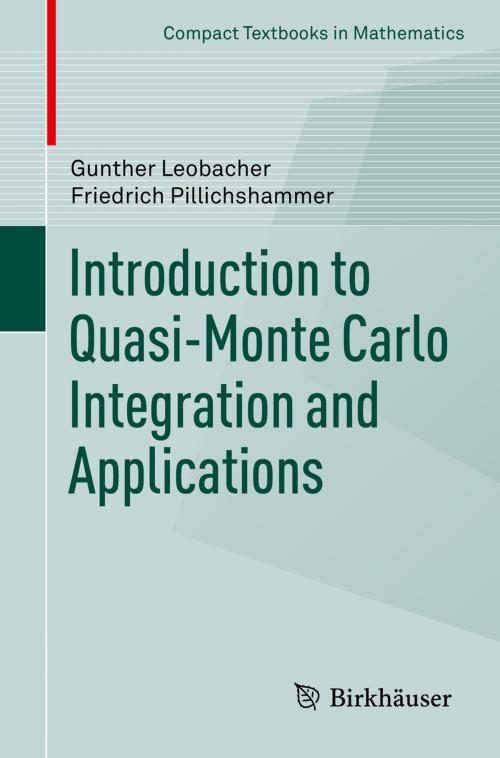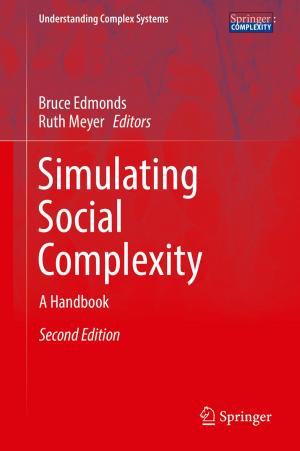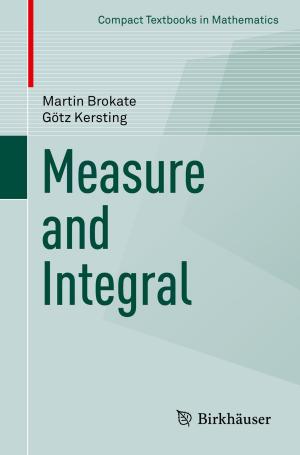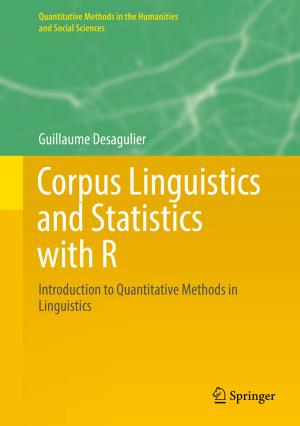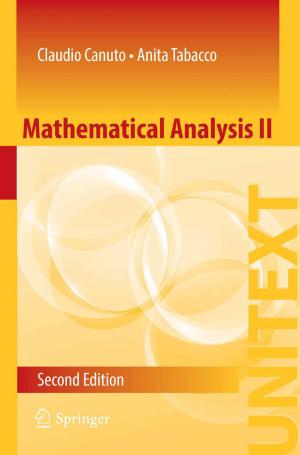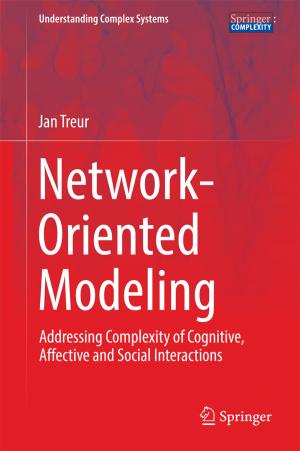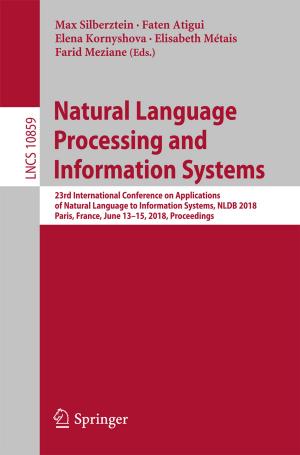Introduction to Quasi-Monte Carlo Integration and Applications
Nonfiction, Science & Nature, Mathematics, Number Systems, Number Theory| Author: | Gunther Leobacher, Friedrich Pillichshammer | ISBN: | 9783319034256 |
| Publisher: | Springer International Publishing | Publication: | September 12, 2014 |
| Imprint: | Birkhäuser | Language: | English |
| Author: | Gunther Leobacher, Friedrich Pillichshammer |
| ISBN: | 9783319034256 |
| Publisher: | Springer International Publishing |
| Publication: | September 12, 2014 |
| Imprint: | Birkhäuser |
| Language: | English |
This textbook introduces readers to the basic concepts of quasi-Monte Carlo methods for numerical integration and to the theory behind them. The comprehensive treatment of the subject with detailed explanations comprises, for example, lattice rules, digital nets and sequences and discrepancy theory. It also presents methods currently used in research and discusses practical applications with an emphasis on finance-related problems. Each chapter closes with suggestions for further reading and with exercises which help students to arrive at a deeper understanding of the material presented.
The book is based on a one-semester, two-hour undergraduate course and is well-suited for readers with a basic grasp of algebra, calculus, linear algebra and basic probability theory. It provides an accessible introduction for undergraduate students in mathematics or computer science.
This textbook introduces readers to the basic concepts of quasi-Monte Carlo methods for numerical integration and to the theory behind them. The comprehensive treatment of the subject with detailed explanations comprises, for example, lattice rules, digital nets and sequences and discrepancy theory. It also presents methods currently used in research and discusses practical applications with an emphasis on finance-related problems. Each chapter closes with suggestions for further reading and with exercises which help students to arrive at a deeper understanding of the material presented.
The book is based on a one-semester, two-hour undergraduate course and is well-suited for readers with a basic grasp of algebra, calculus, linear algebra and basic probability theory. It provides an accessible introduction for undergraduate students in mathematics or computer science.
